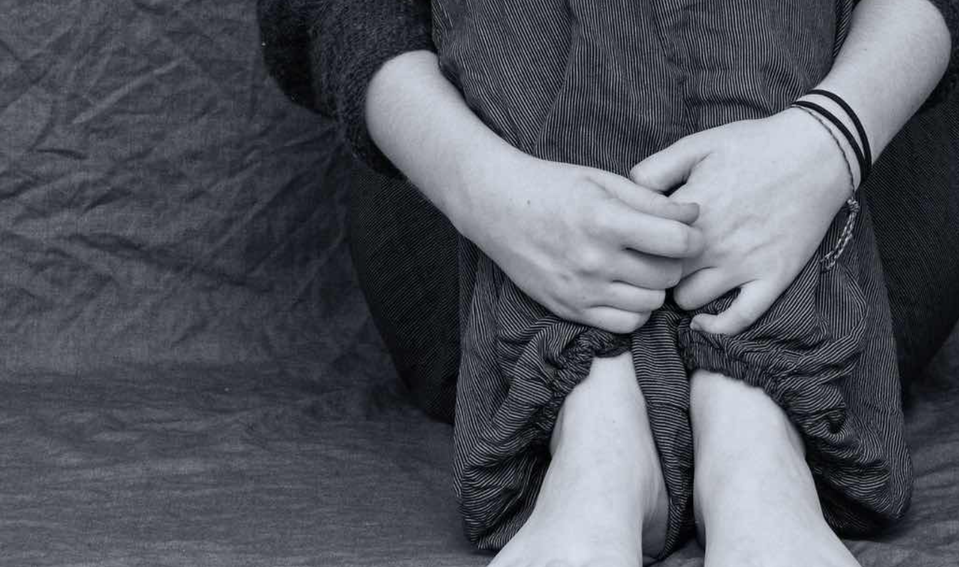Explore
-
Advice
- I have been abused
- I am worried about a child
- I am worried about an adult
- I am worried about domestic abuse
- I am worred about an adult at church
- I am worried about someone's mental health
- I am worried about my church's safeguarding procedures
- I am worried about my own thoughts and behaviour towards children
- I am worried about a sex offender joining the church
- Child Protection
- Adult Protection
- Domestic Abuse
- Sexual Violence Services
- Mental Health
- Other Useful Sites
- Sussex Police

I have been or am being abused, and want to tell someone about it or get help
If you either have been abused or are being abused now, the first thing to know is that the abuse is not your fault. No-one deserves to be abused, although it is very common for victims of all types of abuse to blame themselves. Sometimes this is because their abuser has made them feel guilty or told them it is their fault. Sometimes it is because the abuse itself feels shameful, or because victims blame themselves for not being able to stop it. Or at times - particularly when the abuser is a close relative or other significant person - it may be more straightforward for a victim to blame him or herself rather than believe that this person is capable of such behaviour.
The second thing for you to know is that there are sources of help available. It is important for you to tell someone what is going on, so that the abuse can stop and you can be safe. There are some situations where this can be very difficult (for instance in cases of domestic abuse, which we talk about in more detail elsewhere in this section). You may choose to tell a friend or family member, but you may feel that it would be better to talk to a person in a specialist role who is used to dealing with reports such as these, and who will have a good understanding of what to do next.
It is very important for you to know you are not alone - if you have been or are being abused you will very likely feel that you are, but there are many people in specialist roles who have a lot of experience in helping people in your situation, and will not dismiss what you have to say, or be so shocked by it that they won't know how to help. These people work in these roles to help people in your situation; they will be compassionate, but also practical, and talk through with you how best to respond to what you have told them.
We have included a list below of some key organisations who work in this area, but if you would prefer you can approach someone in the Diocesan Safeguarding Team.
Here is a list of some organisations you can approach, with a short description of the services they offer:
- The police take reports of very seriously, and you should feel encouraged to report what is happening to them. As well as telephoning either 999 or the non-emergency number, 101, many forces such as Sussex Police give you the opportunity to report abuse online: the page for you to report domestic abuse, sexual abuse or hate crime is here, and the page for you to report harassment or stalking is here. Sussex Police have more information about adult protection here.
- The Saturn Centre is the Sexual Assault Referral Centre for Sussex. They provide a range of services to anyone in Sussex aged 14 and over, who have been raped or sexually assaulted. The Saturn Centre services are available whether or not the assault has been reported to the police. All you need to do is ring them first to make an appointment. Their contact details can be found here.
- You can also report seek support from the local authority in your area. If you are an adult, the details of how to report your concern can be found here if you live in West Sussex, here if you live in Brighton and Hove, and here if you live in East Sussex.
There are also specialist organisations across Sussex for people who have been abused. Here are some of the main ones, with a brief description of each:
- Lifecentre provide support and specialist counselling to victims of sexual abuse in West Sussex. They can provide face-to-face support but also via email and text message for people who are not yet ready to meet someone directly to speak about their abuse.
- Mankind provide specialist counselling for men who have been sexually abused.
- The Survivor's Network in Brighton provide specialist counselling for people who have been sexually abused or raped. They also have a number of resources on their website regarding sexual violence.
- Counselling Plus provide specialist counselling for people in East Sussex, including for people who have suffered from sexual abuse or rape.
- Rise in Brighton provide support for those who have experienced domestic abuse. Rise stands for Refuge, Information, Support, and Education.
There are also a number of national organisations providing support to those who have been abused:
- Rape Crisis is the national umbrella charity for Rape Crisis centres across the country. Their site provides a lot of information about how victims of rape can get support, and also directs people towards local services.
- The Survivor's Trust is an umbrella organisation for over 140 specialist support services in the field of sexual violence and abuse. Their website provides information for survivors and those supporting them, and links to local services.
- NAPAC, which stands for National Association for People Abused in Childhood, provides a substantial amount of information for survivors of abuse, and also runs a telephone helpline.